Dodici Azpadu, a gender queer American born of Sicilian-Arab ancestry, has released a new novel dealing with issues related to gender/sexism and class consciousness. Dead of Winter follows Sandréa Sorano, who moves to the small town of Heartland, Mississippi in the late 1960’s. (1st Chapter below) Accustomed to an East Coast multi-racial and multi-lingual environment, Soriano arrives in the predominately white Heartland hoping to rebuild her life in a women centered community. With each episode and relationship, Santa struggles with ethics and politics. She encounters criticism for acting alone to redress a racist incident. At her dismal factory job, she makes a friend who becomes the victim of a murder-suicide. She helps care for a neglected child; resists the opening of a porn shop; buys guns; and deals with a restaurant owner who rapes the waitresses who work for him. Dealing with the cold, damp of a southern winter perfectly frames the issues Sorano will encounter and must deal with in this southern community.
Dead of Winter is now available in Paperback and eBook formats through Amazon.
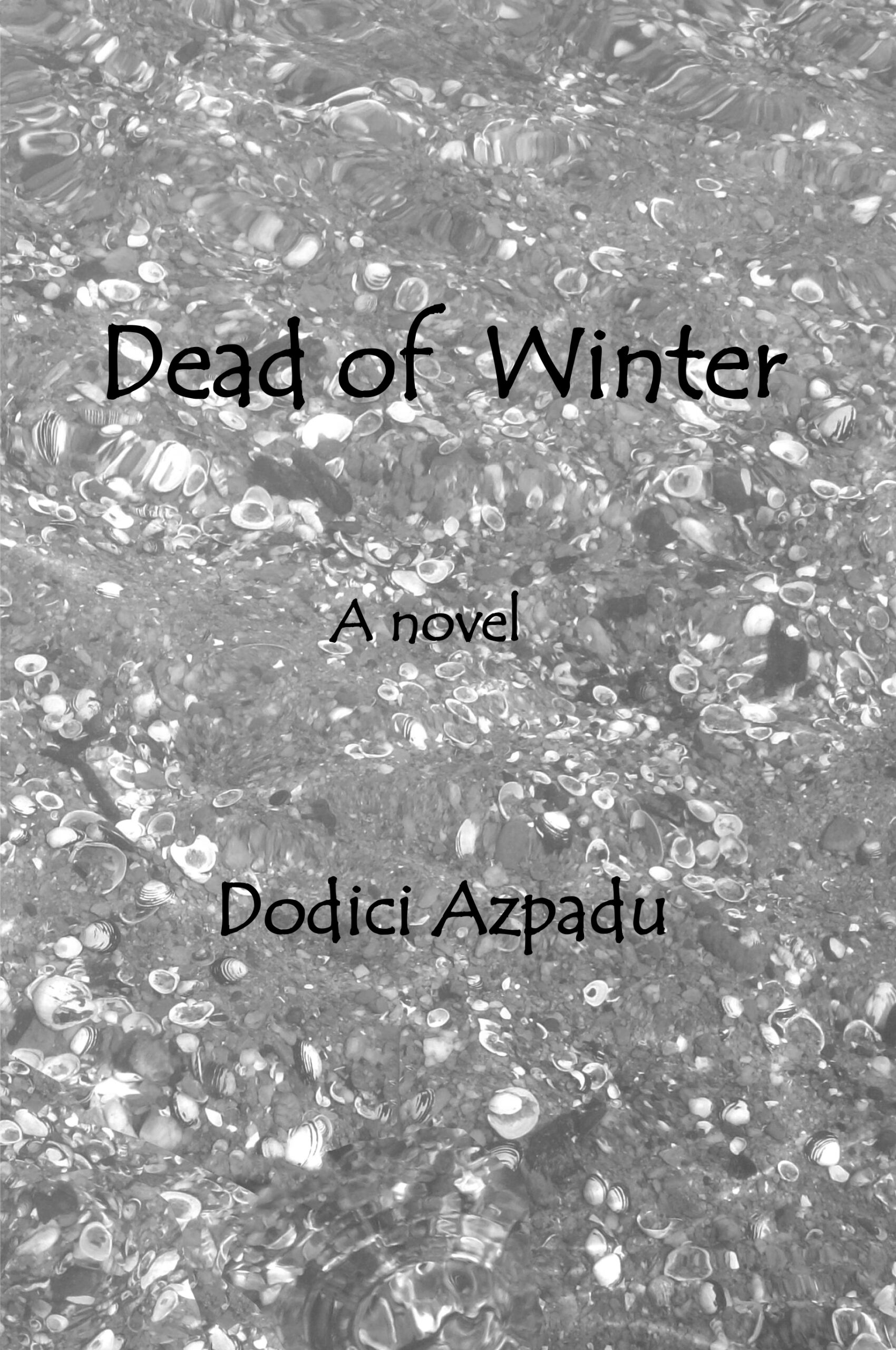
Dead of Winter – Opening Chapter
I hugged a duffel bag filled with all I owned against my chest to keep warm and took cautious steps on the salted icy pavement. Heartland had gained new storefronts since my visit ten years before. I, on the other hand, had lost ground—a partner, a good job, a home, and a city of familiar faces and streets. Now that there was no turning back, I had no idea why I was freezing in Heartland.
In the overcast afternoon, fluid in my nostrils was nearly solid. Puffing along several streets lined with leafless trees, I recognized the two-story clapboard house that was my destination. To the alley side of the front porch where no one had shoveled, my ankle-high desert boots sank into crusty snow that seeped over their tops. Five more brutal steps led to a door that opened with a turn of the knob.
Squishing in the boots, I fought my possessions down nine steps but tumbled on the tenth, eleventh, and twelfth steps—the canvas bag cushioning my landing on the cement basement floor. “I could have stayed in New York for this.” Shouting helped. Not fifteen minutes prior, stepping off a cross-country bus, I’d slipped on a money clip and landed on my butt. “Are you alright, sir?” added to my irritation. I am not a sir. At least at the bus depot, I had the wit to palm the find and pocket it as I got up. I had nothing to show for this fall.
I shifted to the bottom step, took off the wet boots and tossed one after the other against the cement wall. Rummaging in the duffel, I found dry socks and replaced my wet ones. Icy toes made it too risky to kick the bag. Up gingerly. A wall switch controlled a light bulb in yellow metal housing. It hung from an extension cord over a series of J-hooks screwed into beams; obviously designed to be moved and shed light where needed.
“You and me, baby,” I said to the caged bulb.
Everything in the basement was unpainted wood: benches, shelves, stools, and a pallet bed. A canvas curtain hid a utility sink, a toilet, and a rudimentary shower graded to a floor drain. A key on one of the workbenches anchored a note. I carried both to a stuffed chair that sank almost to the floor when I sat.
January 4, 1972
Happy New Year Sandréa. Welcome to the dead of winter. Daniel and I have no idea if the key opens or closes anything. We’ve never used it. The place is yours for as long as you can stand it. The renters upstairs know you’ll be around. They access the other side of the basement as a tornado shelter. Your area is private.
Wear anything of Daniel’s that fits (in the shelves over the “dining room” stools.) We stored some winter things there for you. Once you’re settled, check out a place called the Kitchen. Women there will point you to likely employment and action (such as it is in Heartland.) I’ll write if I can. It’s doubtful. We’re liable to be overwhelmed with doctoring duties once we move from the lovely beaches of San Juan. Don’t expect to see many black or brown people in Heartland; you’ll be alone for the most part.
Hugs and kisses,
Lisa
I’d counted on Lisa to be in Heartland to grease my path, but her last phone call explained cryptically that the opportunity to get into Cuba by way of Puerto Rico happened more quickly than expected. Their plans were made. My plans were made.
Sorry. Sorry. So, they were warm and I was cold.
My arms hugged the humming furnace under the stairwell. A bicycle wedged behind it caught my eye. If I survived until spring, it’d be my ride. Heat from the furnace did not penetrate my parka. Using as little shelf space as possible—a trick learned as a foster kid—I unpacked.
I moved the light cage easily from its center hook to a hook over the bench Lisa had called the dining area. My sketch pads and graphite pencils and a Big Ben clock went there. The empty duffle fit on a shelf along with the money clip stuffed with tens that had embarrassed me in public. Ignoring the folded sheets on the single bed, I pulled the parka hood over my head, flared two army blankets over me, and lay down.
The thumping in my chest would pass. I’d found my prison; now I needed to find my crime.
For more information go to Dodici Azpadu’s author page.

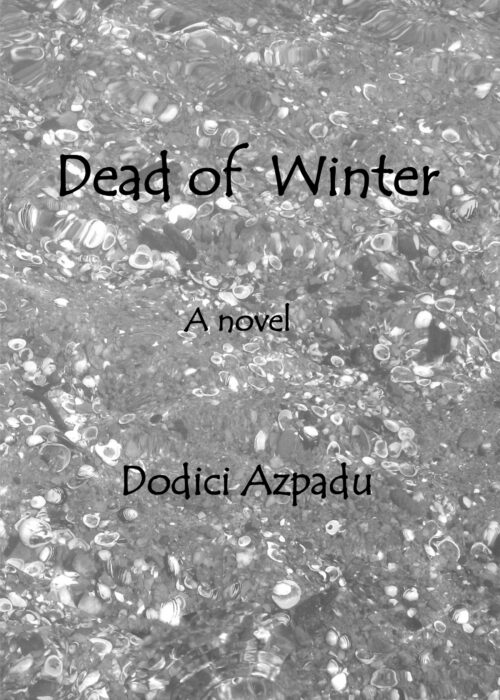
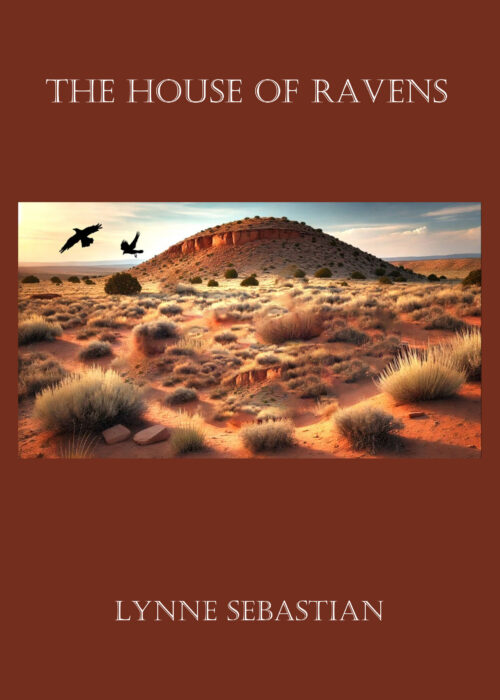




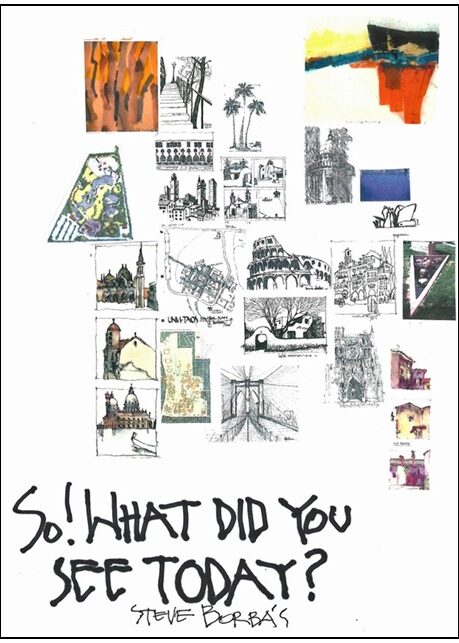
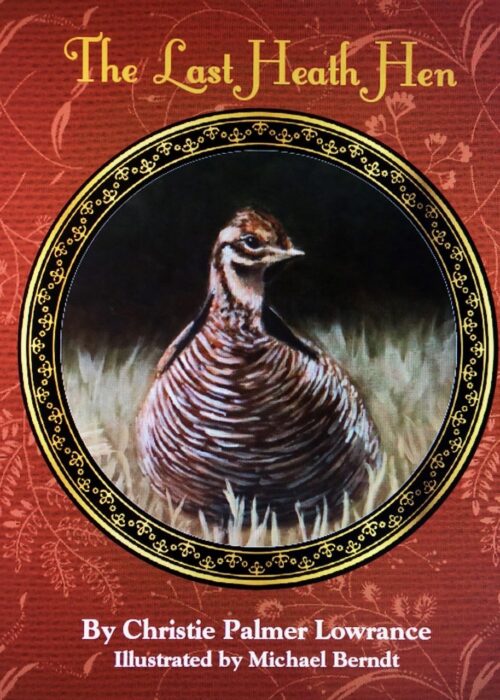

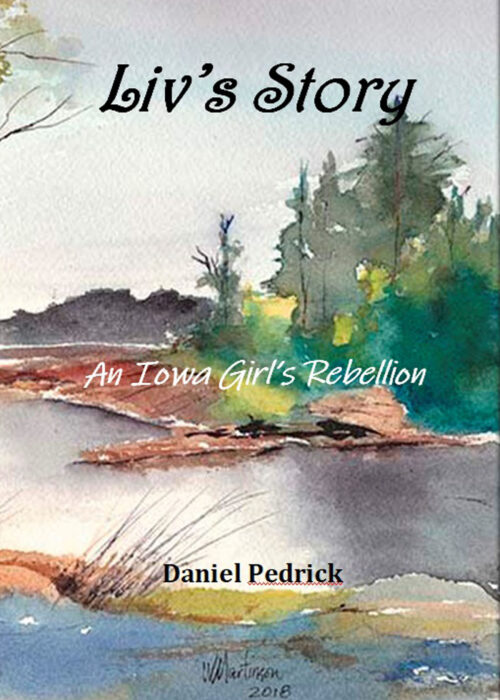
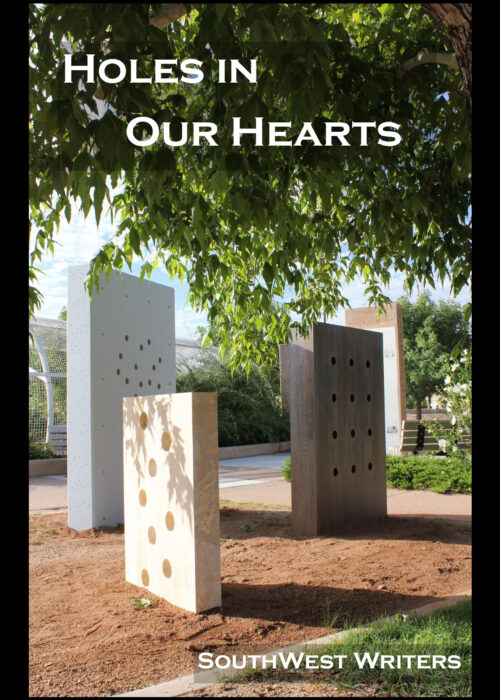
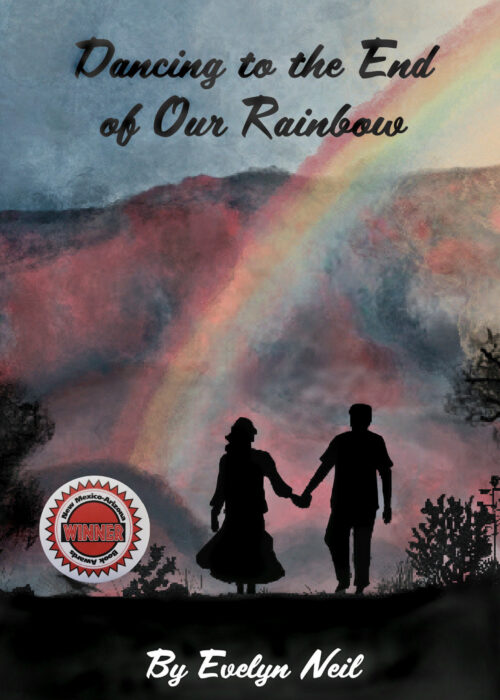
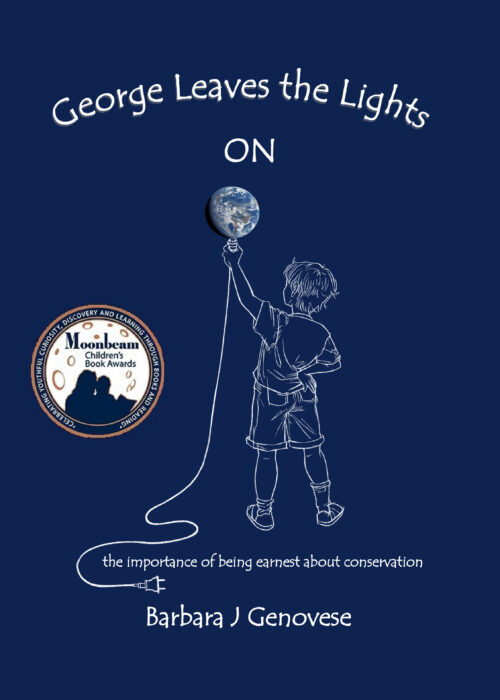
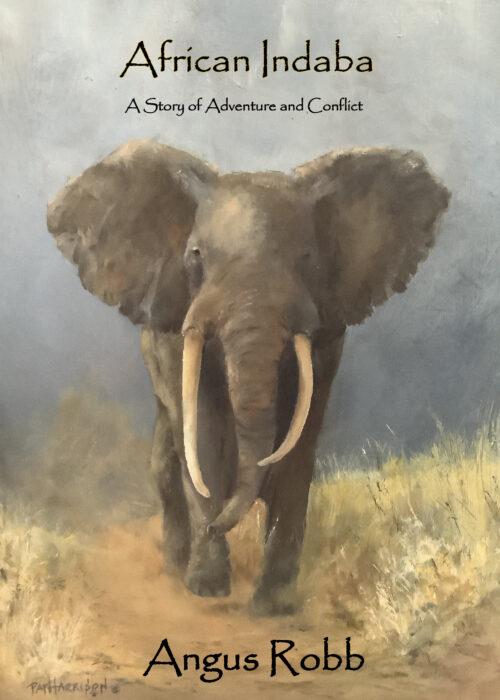
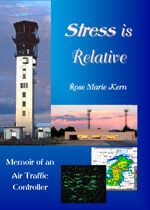


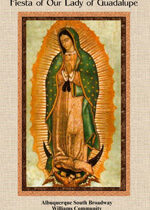
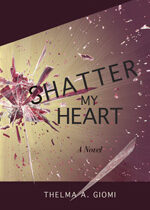


Leave a Reply